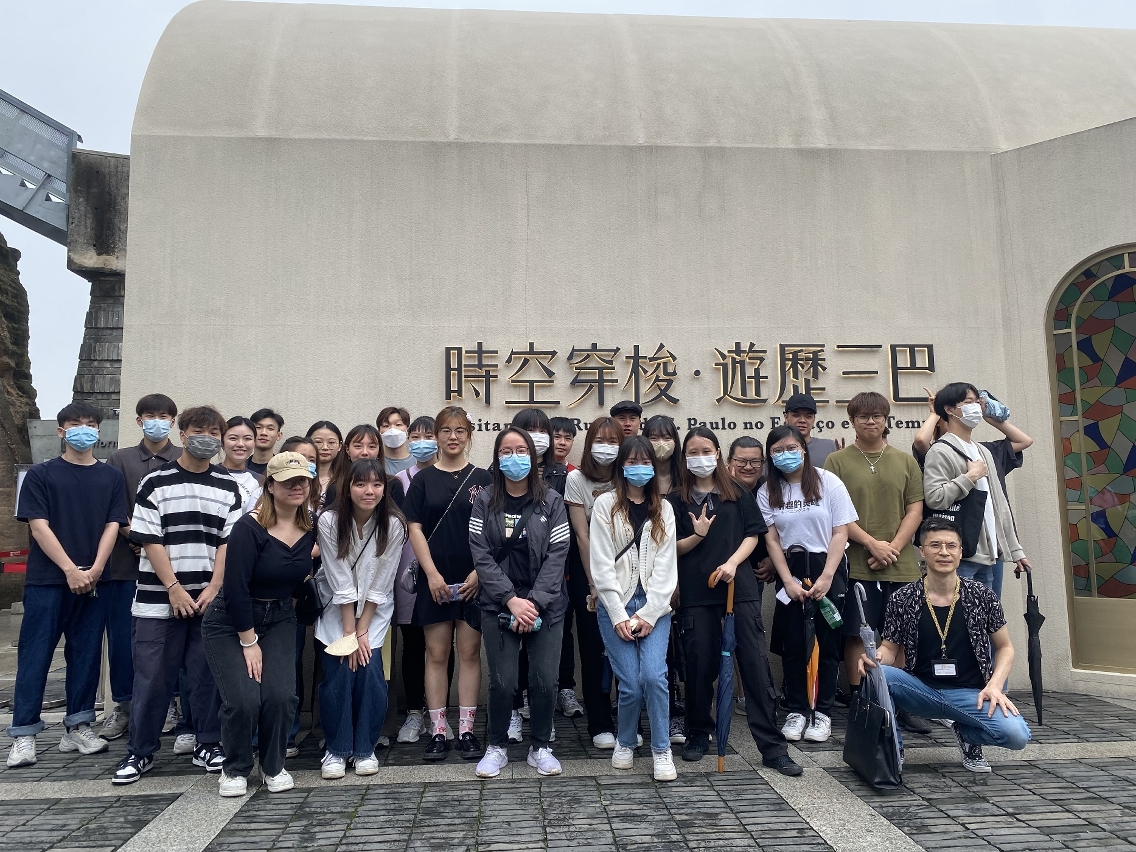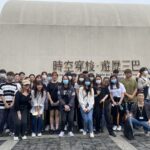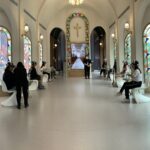 IFTM students conduct research on effectiveness of smart tourism technologies in the Ruins of St. Paul
IFTM students conduct research on effectiveness of smart tourism technologies in the Ruins of St. Paul
IFTM students from the Bachelor of Science in Hotel Management programme engaged in a project related to a virtual reality exhibition called “Visiting the Ruins of St. Paul’s in Space and Time” which is organised by the Cultural Affairs Bureau of Macao SAR.
The project was guided by Assistant Professor Dr. Fernando Lourenço to explore 1) the attitude of the visitors towards the VR/AR/3D technology in general and 2) the attitude of the visitors who had experienced the “Visiting the Ruins of St. Paul’s in Space and Time” exhibition. A total of 91 tourists were invited to do an in-depth interview, 60 of them had visited the exhibition. In summary, the majority of tourists who had experienced the VR/AR exhibition gave it positive ratings, stating that it had enhanced their understanding of the history of the tourist attraction, added entertainment value to their experience, and that the VR experience was the most enjoyable factor. The major reasons for individuals who did not attend the exhibition were the admission fee, a lack of interest in VR, or a lack of awareness of the exhibition. The whole dataset was made available to the organiser of the exhibition for further analysis and use.
To conclude, the study shows the benefits of incorporating smart tourism technology to enhance the presentation of the cultural heritage sites and the overall tourist experience through innovative methods to obtain information about Macao cultural heritage site and history in a gamified way.




